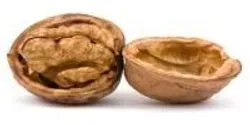Content by University of California - Davis
Filter by
AllArticlesAudioEbooksEventsInfographicsNewsProductsSurveysDocumentsVideosVirtual EventsWebinars
The first nationwide vulnerability assessment for ocean acidification, published today in Nature Climate Change, shows that coastal communities in 15 states that depend on the nation’s approximately $1 billion shelled-mollusk (e.g., oysters and clams) industry are at long-term economic risk from ocean acidification.

Rock soil droplets formed by heating most likely came from Stone Age house fires and not from a disastrous cosmic impact 12,900 years ago, according to new research from the University of California, Davis. The study, of soil from Syria, is the latest to discredit the controversial theory that a cosmic impact triggered the Younger Dryas cold period.

Cloudy tap water may have a greater effect for California’s rural immigrants than merely leaving behind a bad taste, according to a new policy brief released by the Center for Poverty Research at the University of California, Davis.
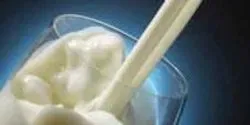
After spending more than a decade decoding breast milk’s important health-promoting constituents, a team of researchers in the Foods for Health Institute at the University of California, Davis, is now doing the same for cow’s milk, with potential benefits both for human health and the U.S. dairy industry.
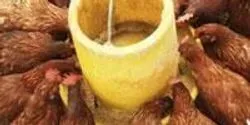
A new scientific review from the University of California, Davis, reports that the performance and health of food-producing animals consuming genetically engineered feed, first introduced 18 years ago, has been comparable to that of animals consuming non-GE feed.
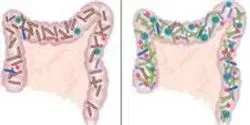
Infant rhesus monkeys receiving different diets early in life develop distinct immune systems that persist months after weaning, a study by researchers from UC Davis, the California National Primate Research Center (CNPRC) at UC Davis and UC San Francisco has shown. The study, which compares breast- and bottle-fed infants, appears online September 3 in Science Translational Medicine.
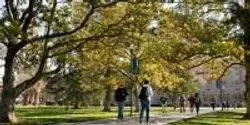
Four University of California, Davis, researchers have been given $50,000 each in the inaugural year of a competitive grant program aimed at facilitating the conversion of technology generated from university research into commercial applications.

Officials from China’s Northwest Agricultural and Forestry University in Shaanxi province, and the University of California, Davis, today signed a memorandum of agreement that lays the groundwork for establishing the Sino-U.S. Joint Research Center for Food Safety in China.

It’s widely accepted that terroir — the unique blend of a vineyard’s soils, water and climate — sculpts the flavor and quality of wine. Now a new study led by UC Davis researchers offers evidence that grapes and the wines they produce are also the product of an unseen but fairly predictable microbial terroir, itself shaped by the climate and geography of the region, vineyard and even individual vine.

